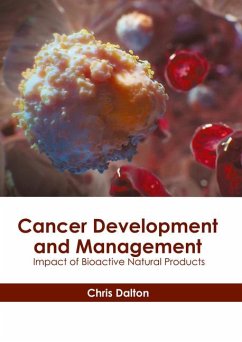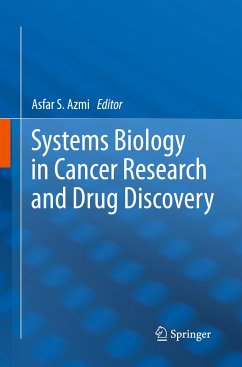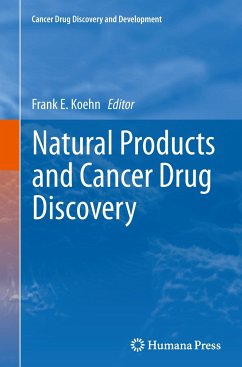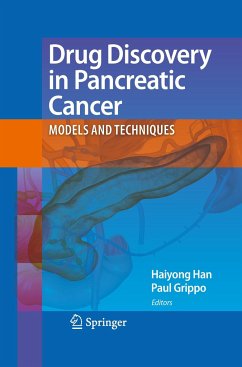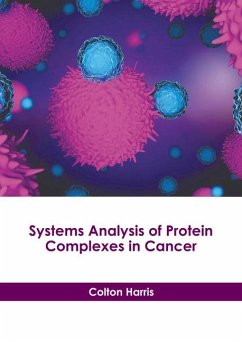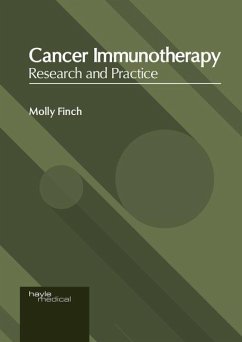
Cancer Drug Discovery and Development
Versandkostenfrei!
Versandfertig in über 4 Wochen
123,99 €
inkl. MwSt.

PAYBACK Punkte
62 °P sammeln!
Cancer can be treated by a number of different therapeutic modalities that comprise of surgery, radiation therapy, chemotherapy, hormonal therapy, targeted therapy and synthetic lethality. A particular cancer therapy is chosen as per the grade, location and stage of the tumor as well as the performance status of the patient. The complete removal of the cancer without causing any damage to the rest of the body is the ideal goal of cancer treatment. Besides curative intent, treatment also seeks to suppress the cancer to a subclinical state and thereby maintain a quality of life for patients with...
Cancer can be treated by a number of different therapeutic modalities that comprise of surgery, radiation therapy, chemotherapy, hormonal therapy, targeted therapy and synthetic lethality. A particular cancer therapy is chosen as per the grade, location and stage of the tumor as well as the performance status of the patient. The complete removal of the cancer without causing any damage to the rest of the body is the ideal goal of cancer treatment. Besides curative intent, treatment also seeks to suppress the cancer to a subclinical state and thereby maintain a quality of life for patients with the chronic condition, and provide palliative care in advanced-stage metastatic cancers. To achieve clinical progress against cancer, it is vital to continue research in cancer drug discovery and development. Since each tumor exhibits a unique set of genomic alterations irrespective of the tissue of origin, it can lead to a wide variability in terms of drug responses. As a result, new human cancer models need to be developed and investigated to achieve better drug discovery and development. This book covers in detail some existing theories and innovative concepts revolving around cancer drug discovery and development. It explores all the important aspects of cancer drugs in the present day scenario. This book is meant for students who are looking for an elaborate reference text on cancer medicine.



